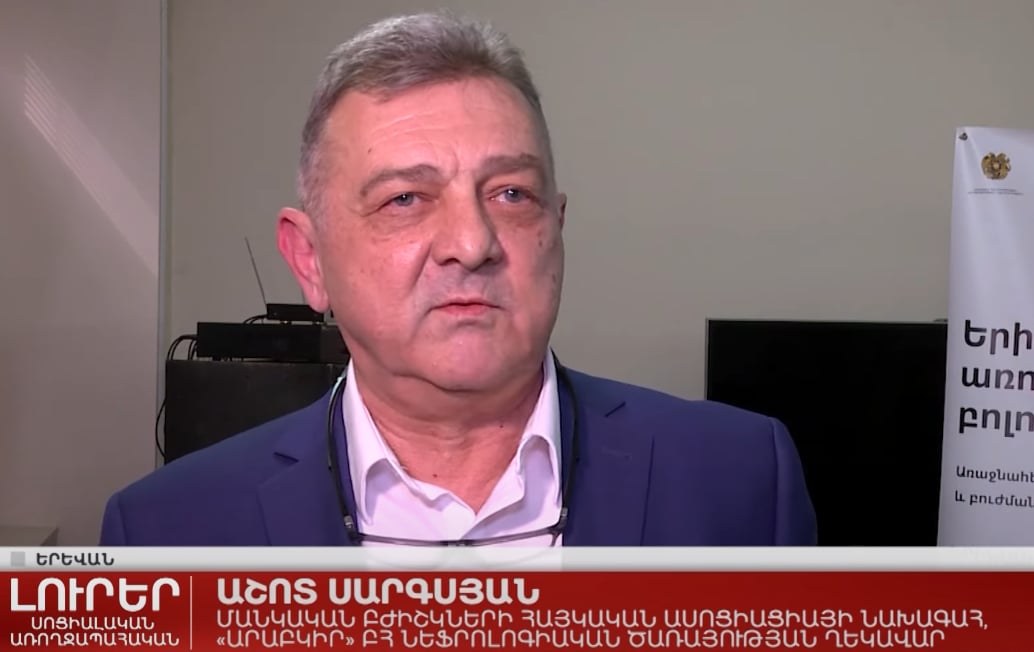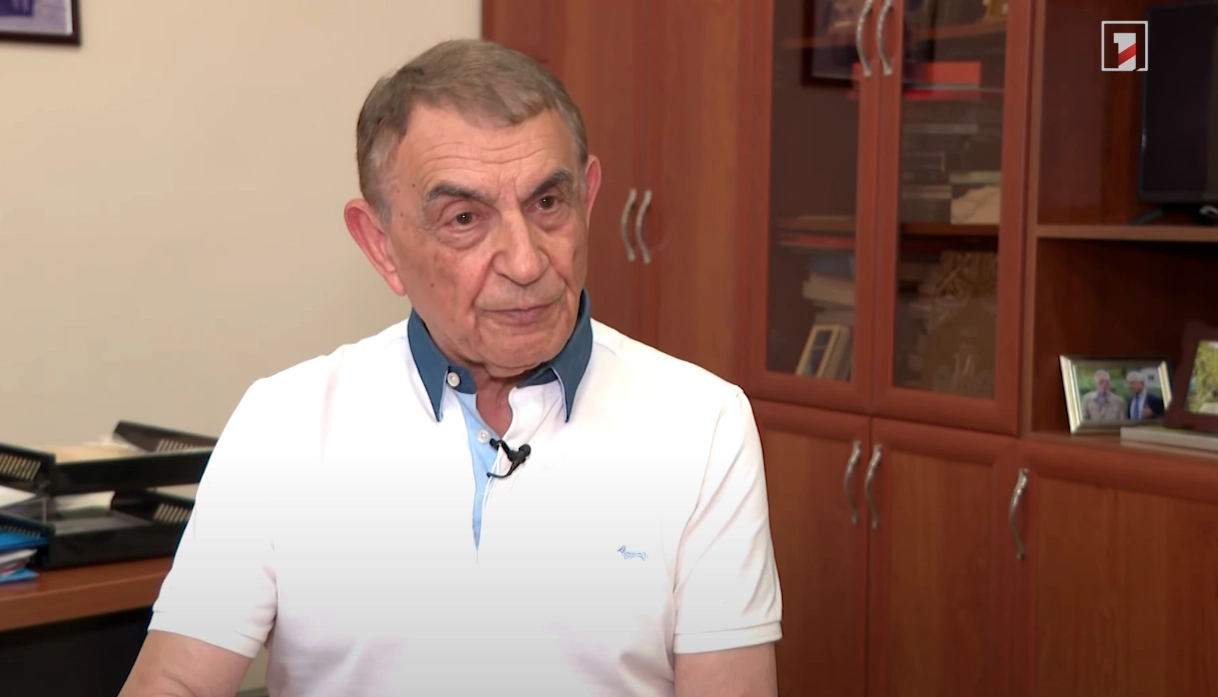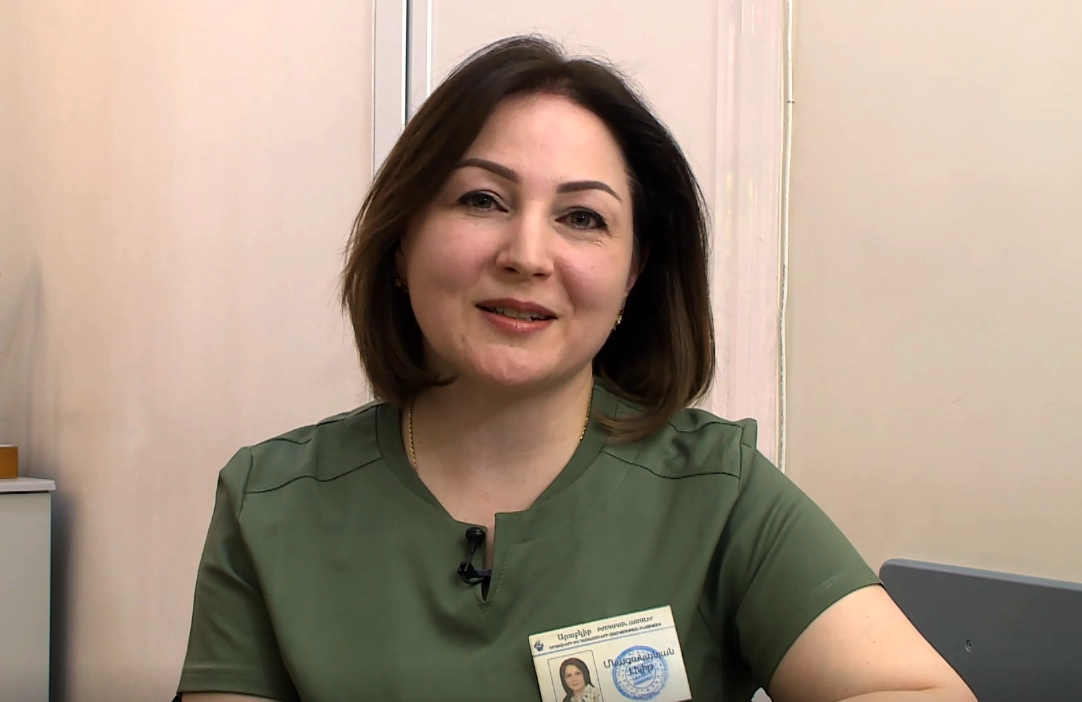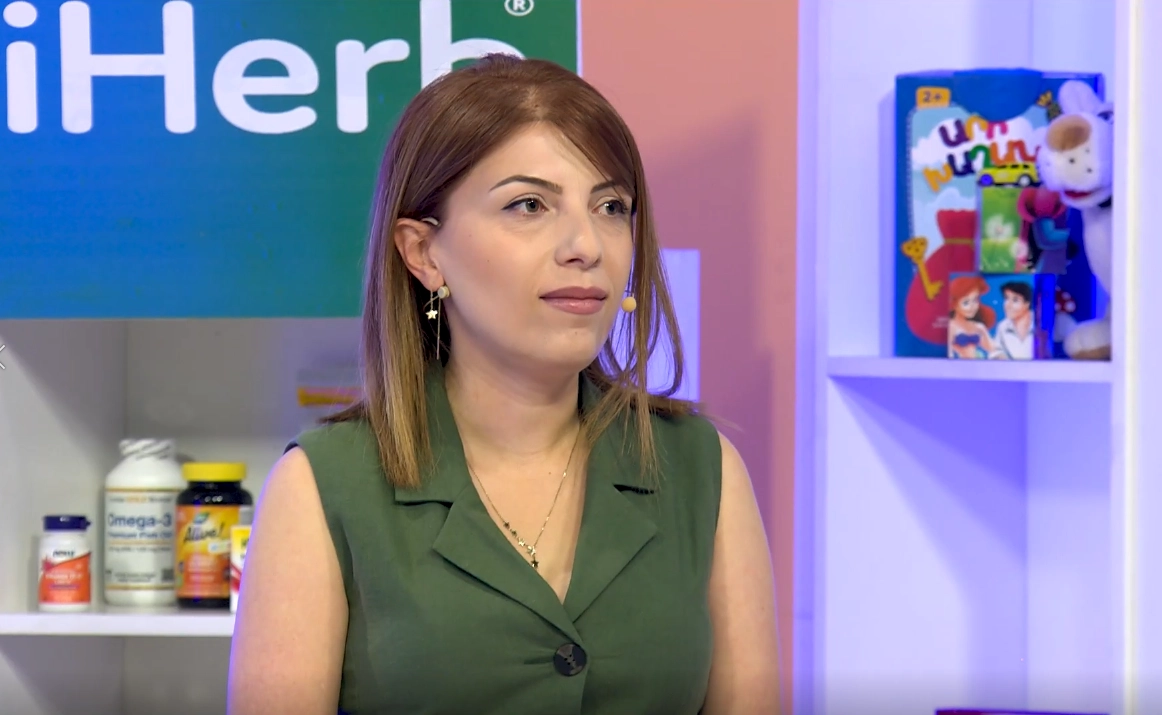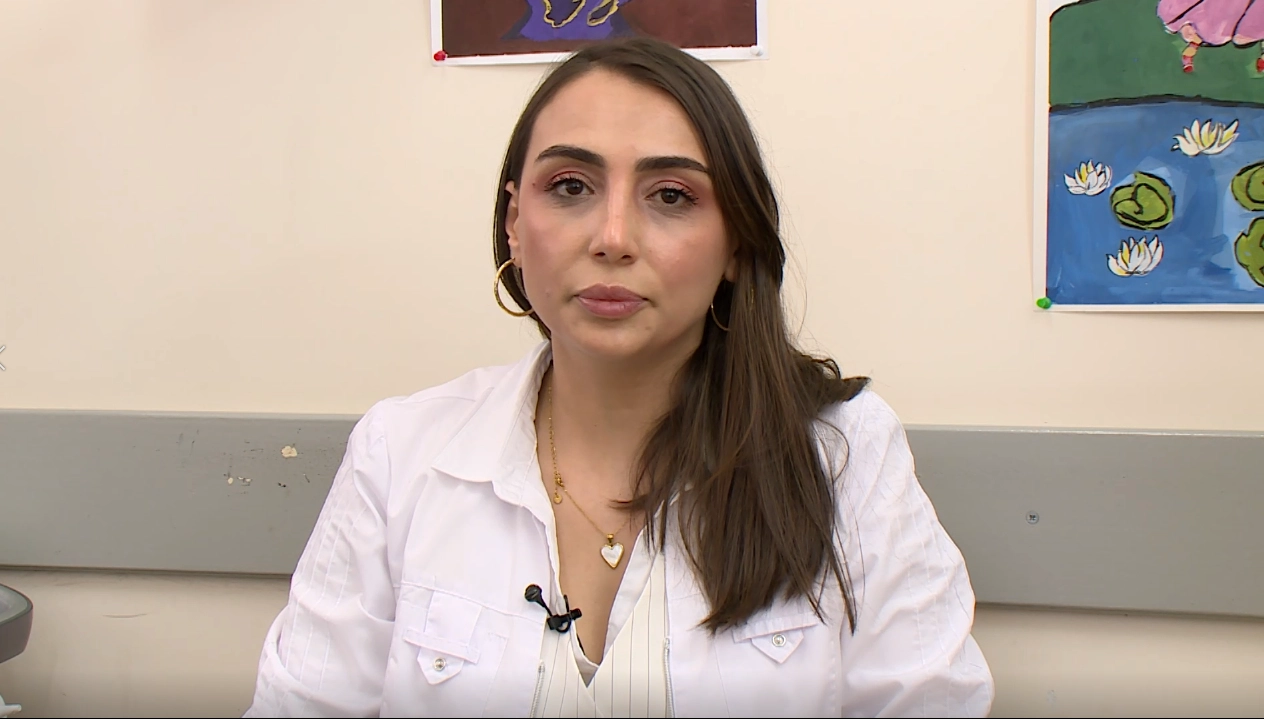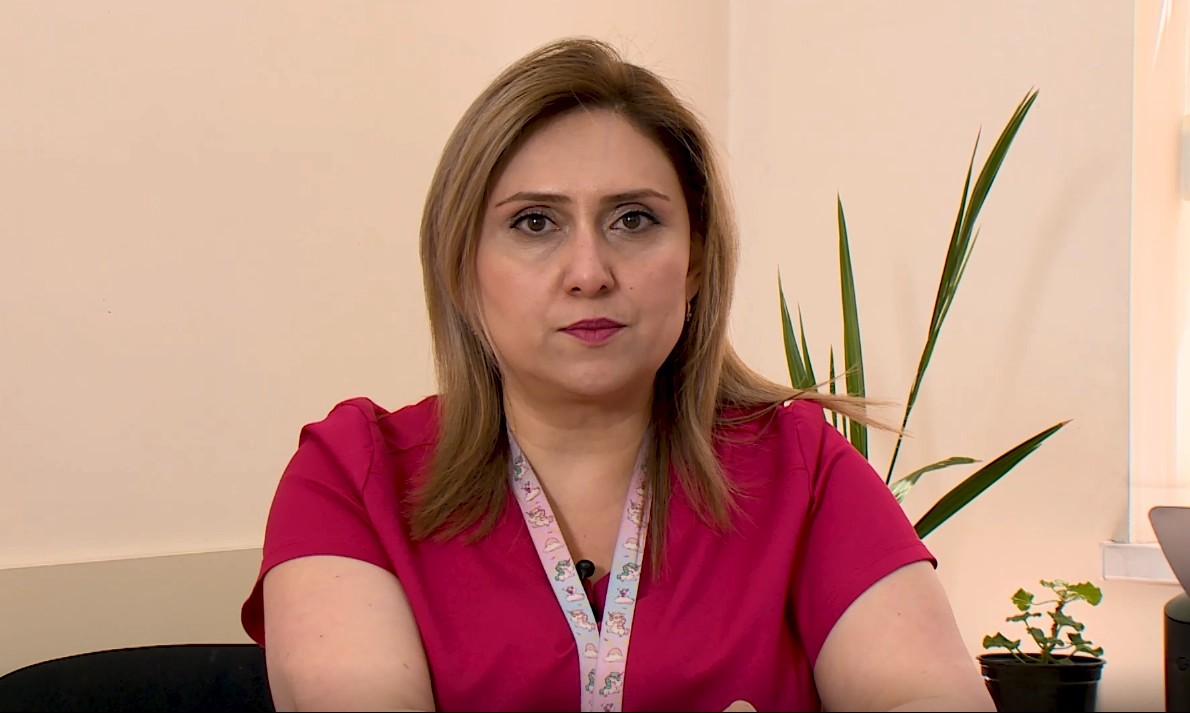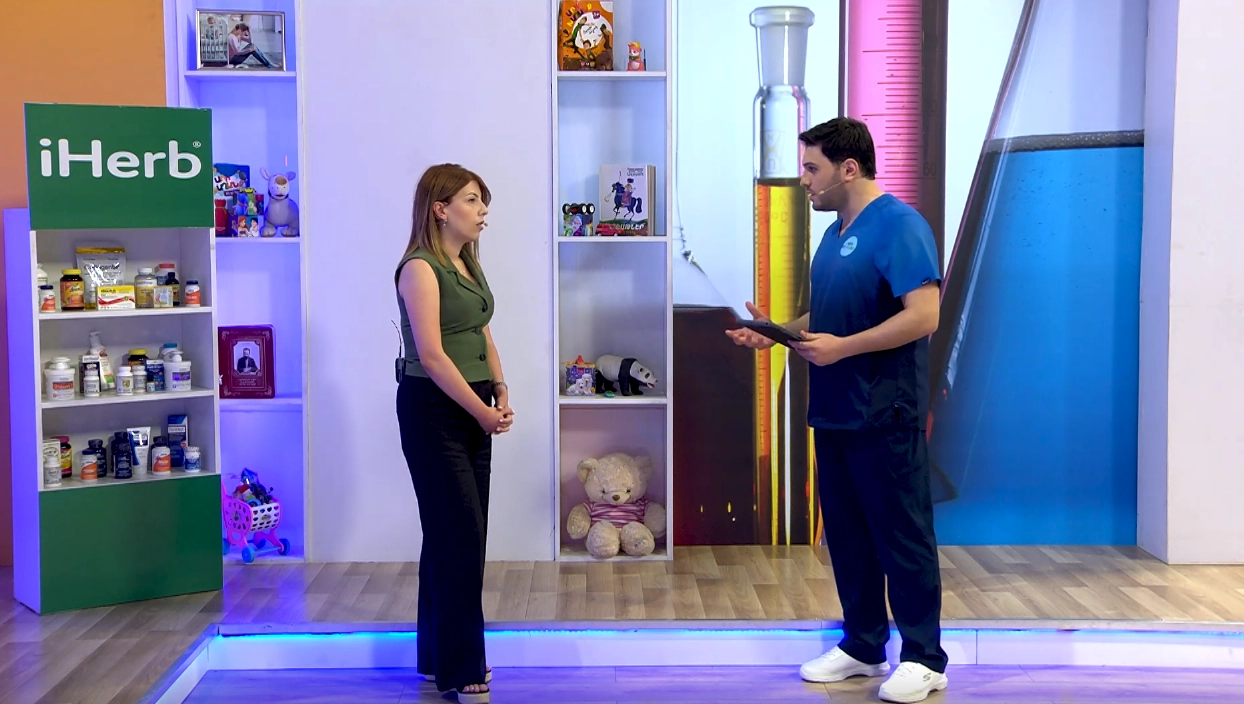Public television also covered the symposium held on the occasion of World Kidney Day. Discover why kidney health is so important, including insights into the most prevalent kidney problems and those that are less common. Learn about the modern methods used for detecting and treating kidney issues. Find out more details in the accompanying video.
From hemodialysis and kidney transplant to onco-nephrology, the “Kidney Health for All” symposium has drawn the participation of over 80 doctors. The event not only features presentations and analyses, but also highlights rare cases encountered in clinical practice.
Ashot Sargsyan, President of the Armenian Pediatric Association and Head of the Nephrology Service at the “Arabkir” Medical Center, remarked: “Among the selected topics, we have prioritized discussions on highly significant diseases affecting various departments and clinics. These include nephrology in oncology, hemolytic-uremic syndrome, and other prevalent conditions.”
Here’s an excerpt from the remarks of Ara Babloyan, the Scientific Director of the “Arabkir” Medical Center: “Nephrology is a complex, fascinating and deeply intricate field of both profession and science. Each aspect requires thorough consideration and dedication, a continual process of giving and receiving knowledge. Today, we embarked on this journey together during our symposium.”
In Armenia, as in the rest of the world, the incidence of kidney pathologies is on the rise each year. Currently, there are over a thousand individuals undergoing hemodialysis treatment, while kidney transplants are exclusively performed using donations from related donors.
Milena Voskanyan, Head of the Follow-up department for Organ Transplant Patients at “Arabkir” Medical Center, remarked: “Today, we will also review the outcomes and advancements of kidney transplantation in Armenia over the years. In the past two decades, we have successfully conducted 245 kidney transplants from related donors, marking significant progress. Notably, we have witnessed the remarkable success of four young women who have undergone kidney transplants and collectively have five children. It's heartening to see both the children and the transplant recipients living healthy lives.”
The symposium also covers primary and secondary pathologies of kidney diseases.
Nerses Ghahramanyan, Head of the Follow-up/Dispensary Department at the Hematology and Chemotherapy Clinic of the Hematology Center after Yolyan under the Ministry of Health of the Republic of Armenia, explained: “I will discuss the diagnosis and treatment of AL Amyloidosis, a rare and serious disease. While several cases are diagnosed each year, treatment typically involves chemotherapy drugs and immunotherapy. In some cases, bone marrow transplantation may be necessary.”
The meeting also addresses hemolytic-uremic syndrome, with presentations on the Armenian experience.
Ashot Sargsyan, President of the Armenian Pediatric Association and Head of the Nephrology Service at “Arabkir” Medical Center, shared: “Hemolytic-uremic syndrome has become prevalent in Armenia, with recent outbreaks observed. This condition, commonly found in children, has also affected adults. We even encountered a case of a pregnant woman who successfully delivered after undergoing long-term dialysis, which is a significant achievement.”
Many kidney diseases develop without noticeable symptoms and can only be detected through regular screenings.

 English
English
 Հայերեն
Հայերեն Русский
Русский